New Orleans Stories: Lee Meitzen Grue Helps Emerging Writers Tell Their Own
In October, the Alvar Library in New Orleans hosted a fiction workshop with P&W-supported writer Lee Meitzen Grue. Branch Manager Mary Ann Marx reports.
The Alvar Library is located in a very unique neighborhood in New Orleans called Bywater. Many poets, writers, musicians, and artists reside here. Because of this, the library applied for and received a grant from Poets & Writers, Inc., to present a series of five fiction workshops conducted by Lee Grue, a poet, writer, and teacher who lives in Bywater.
Her themes come from that unique urban culture of New Orleans: its customs, its culture, and her everyday experiences of living here. Her published books are: Trains and Other Intrusions: Poems; French Quarter Poems; In the Sweet Balance of the Flesh; and Goodbye, Silver, Silver Cloud, a collection of New Orleans stories. Lee is the longtime editor of the New Laurel Review.
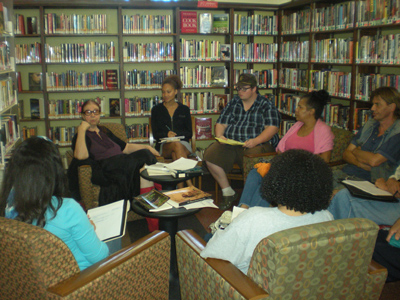 The writing workshops were a wonderful asset to the community and to the city. Writers came from all areas of the city to participate in these workshops. It was wonderful to hear and see the enthusiasm expressed by the participants. As I watched them listening to Lee’s instructions with concentrated attention, I could see that they could not wait for the time when they would be able to read their own work to the group. As each took his or her turn, the others listened and made suggestions for improvements. The ideas for improvement were discussed and rationale explained. Then Lee gently presented her own suggestions for improvements.
The writing workshops were a wonderful asset to the community and to the city. Writers came from all areas of the city to participate in these workshops. It was wonderful to hear and see the enthusiasm expressed by the participants. As I watched them listening to Lee’s instructions with concentrated attention, I could see that they could not wait for the time when they would be able to read their own work to the group. As each took his or her turn, the others listened and made suggestions for improvements. The ideas for improvement were discussed and rationale explained. Then Lee gently presented her own suggestions for improvements.
As one participant stated, “This writers' workshop is important to me because writing is my passion. To master this art, I have to surround myself with those who have already done so.”
It is only with the support of P&W that these writing workshops can be made available to the public. Funding for programs like this is scarce in New Orleans.
As the sponsor of the program, we have seen a whole new dimension of the work we do. Meeting these writers has influenced our collection development and expanded our network sphere. On occasion, workshop participants have developed poetry and writing programs themselves, which we have also presented at the library.
Photo: Lee Meitzen Grue (second from left) with workshop participants. Credit: Shannon Aymami.
Support for Readings/Workshops events in New Orleans is provided by an endowment established with generous contributions from the Poets & Writers Board of Directors and others. Additional support comes from the Friends of Poets & Writers.





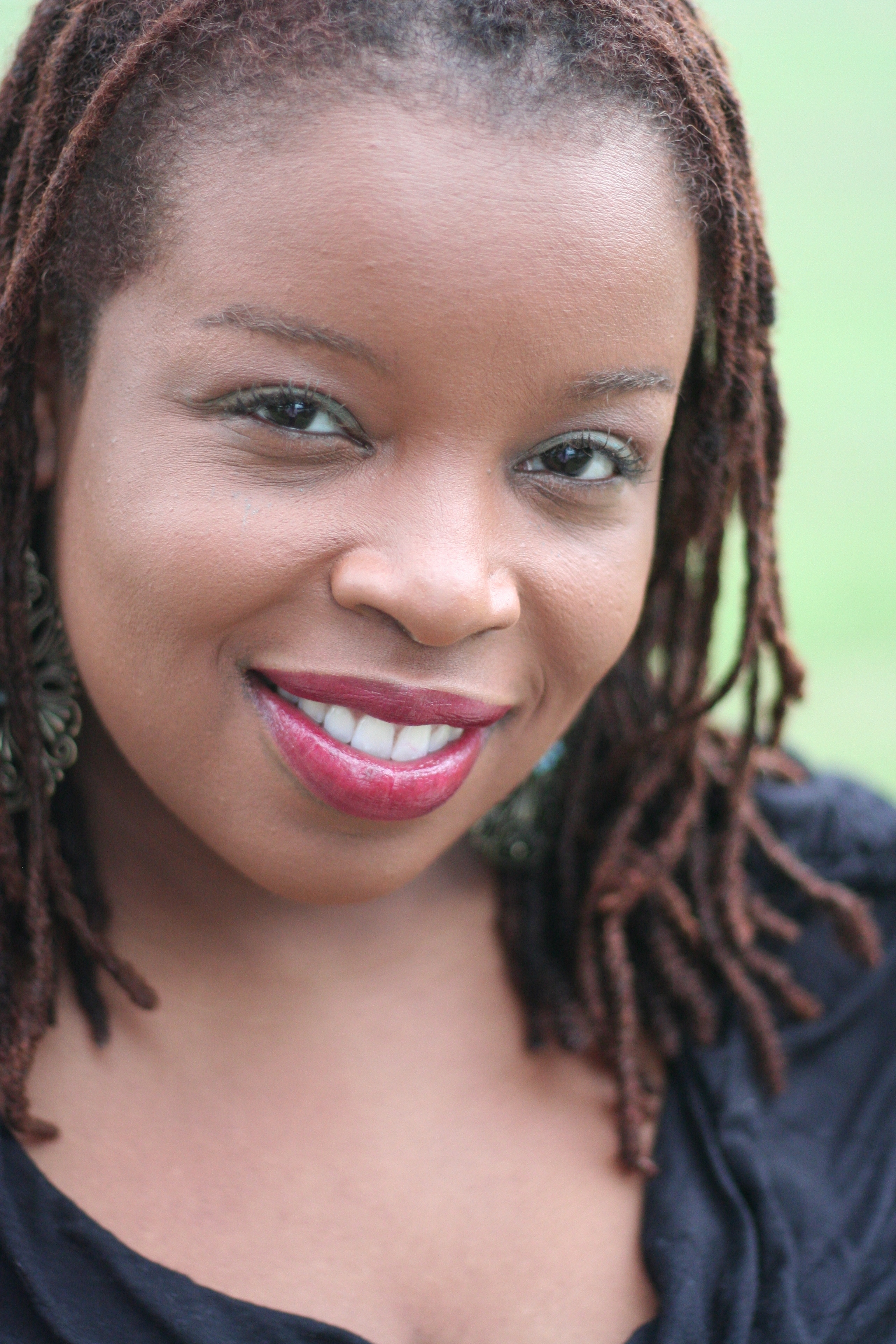 Pinkie Gordon Lane. I'm told she was a gentle woman, a painter, a nature and dog lover, a writer, and a demanding instructor. Her poems walk a lyrical tightrope, never falling into sentimentality.
Pinkie Gordon Lane. I'm told she was a gentle woman, a painter, a nature and dog lover, a writer, and a demanding instructor. Her poems walk a lyrical tightrope, never falling into sentimentality.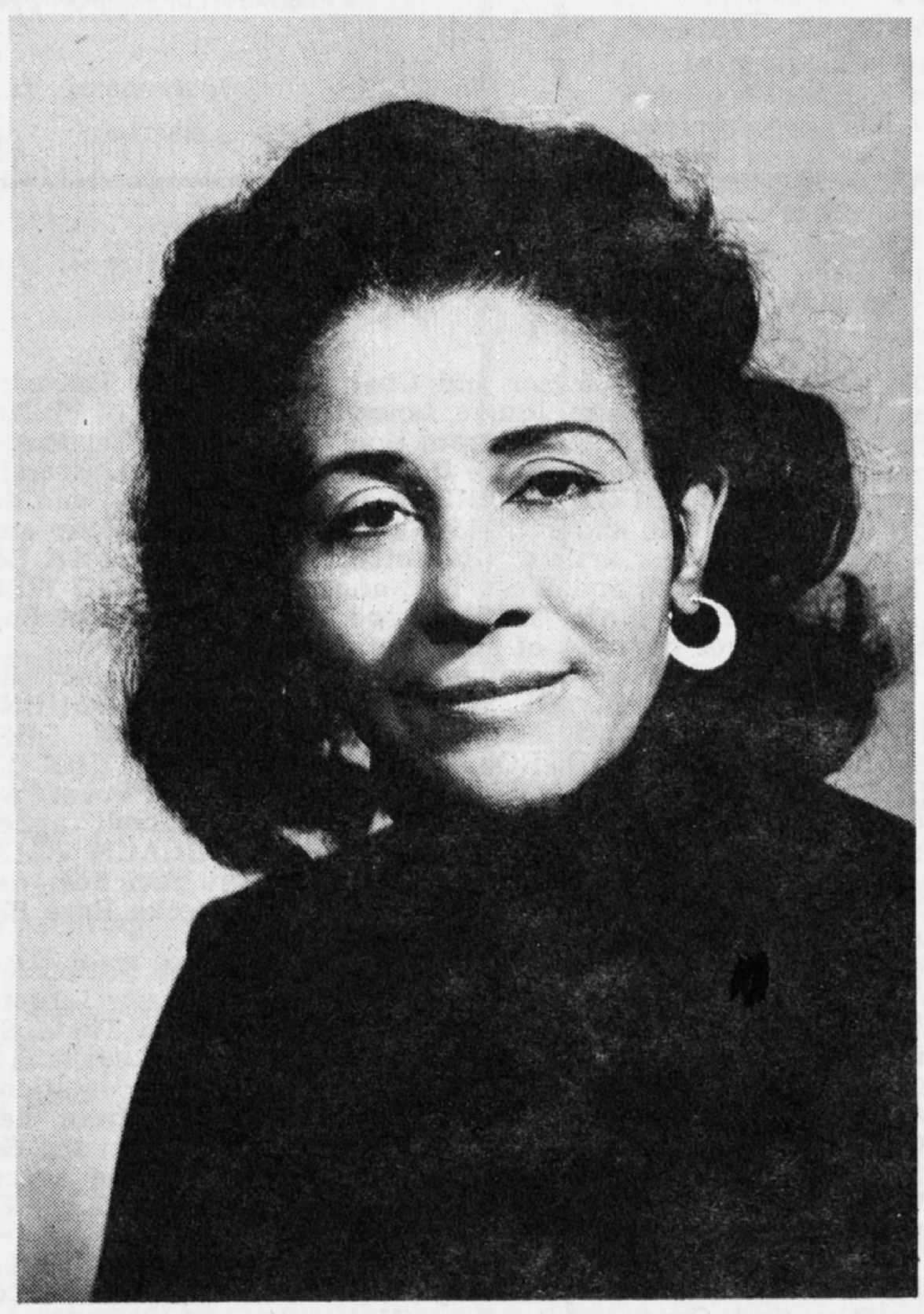 Her poem, "Lyric: I am Looking at Music," was featured in the 1997 motion picture,
Her poem, "Lyric: I am Looking at Music," was featured in the 1997 motion picture, 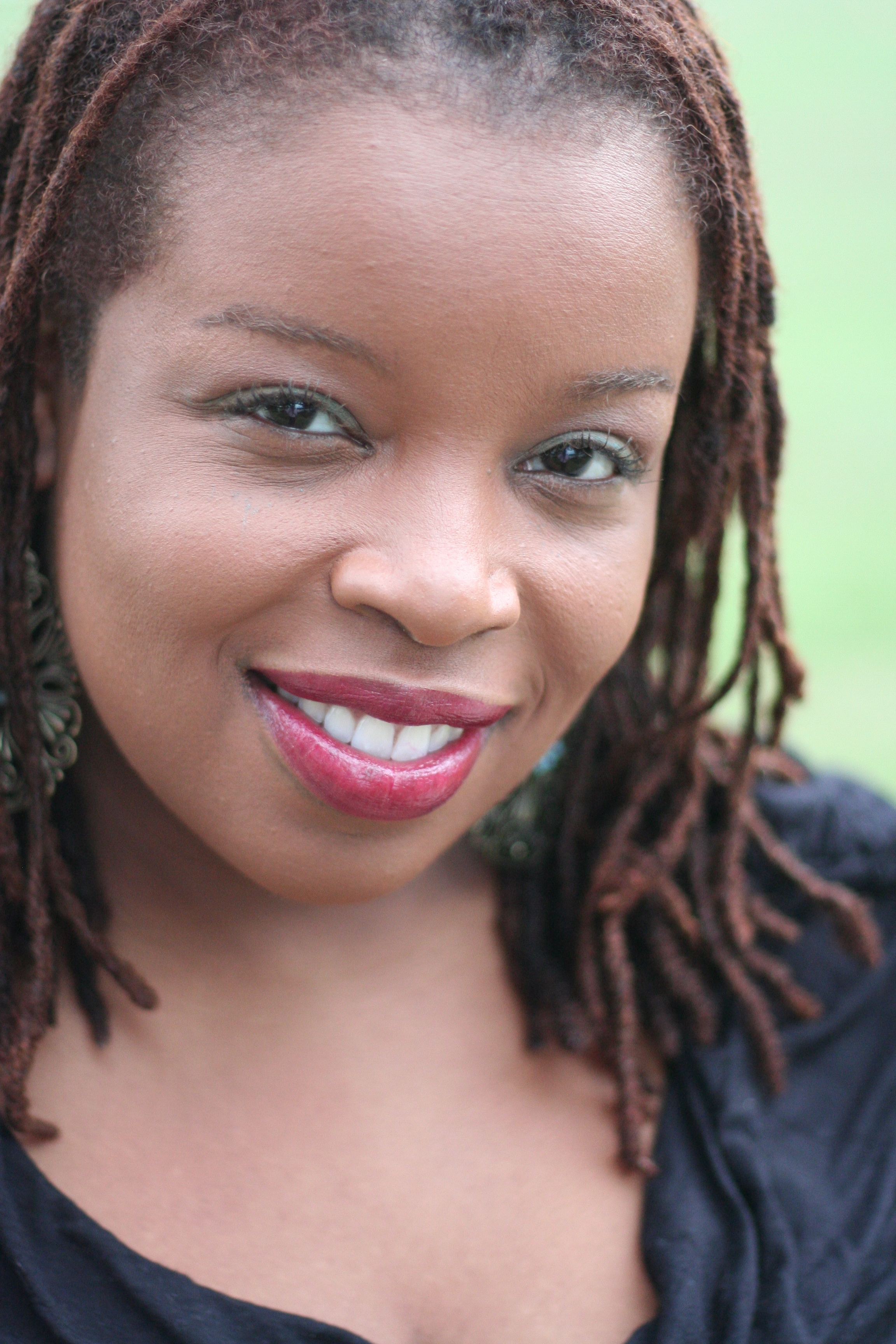 New Orleans is not a quiet place. It occupies you. Since moving from the Midwest (Cleveland, Ohio) to the South, I've had to adjust how I write. Some family members have wondered how I could be a candidate for marriage because I seemed eerily comfortable as a loner. My husband is always amazed at how often I leave my phone at home on purpose. There's a reason... I'm easily distracted. With so many stimuli, I wonder how poets find useful silence.
New Orleans is not a quiet place. It occupies you. Since moving from the Midwest (Cleveland, Ohio) to the South, I've had to adjust how I write. Some family members have wondered how I could be a candidate for marriage because I seemed eerily comfortable as a loner. My husband is always amazed at how often I leave my phone at home on purpose. There's a reason... I'm easily distracted. With so many stimuli, I wonder how poets find useful silence.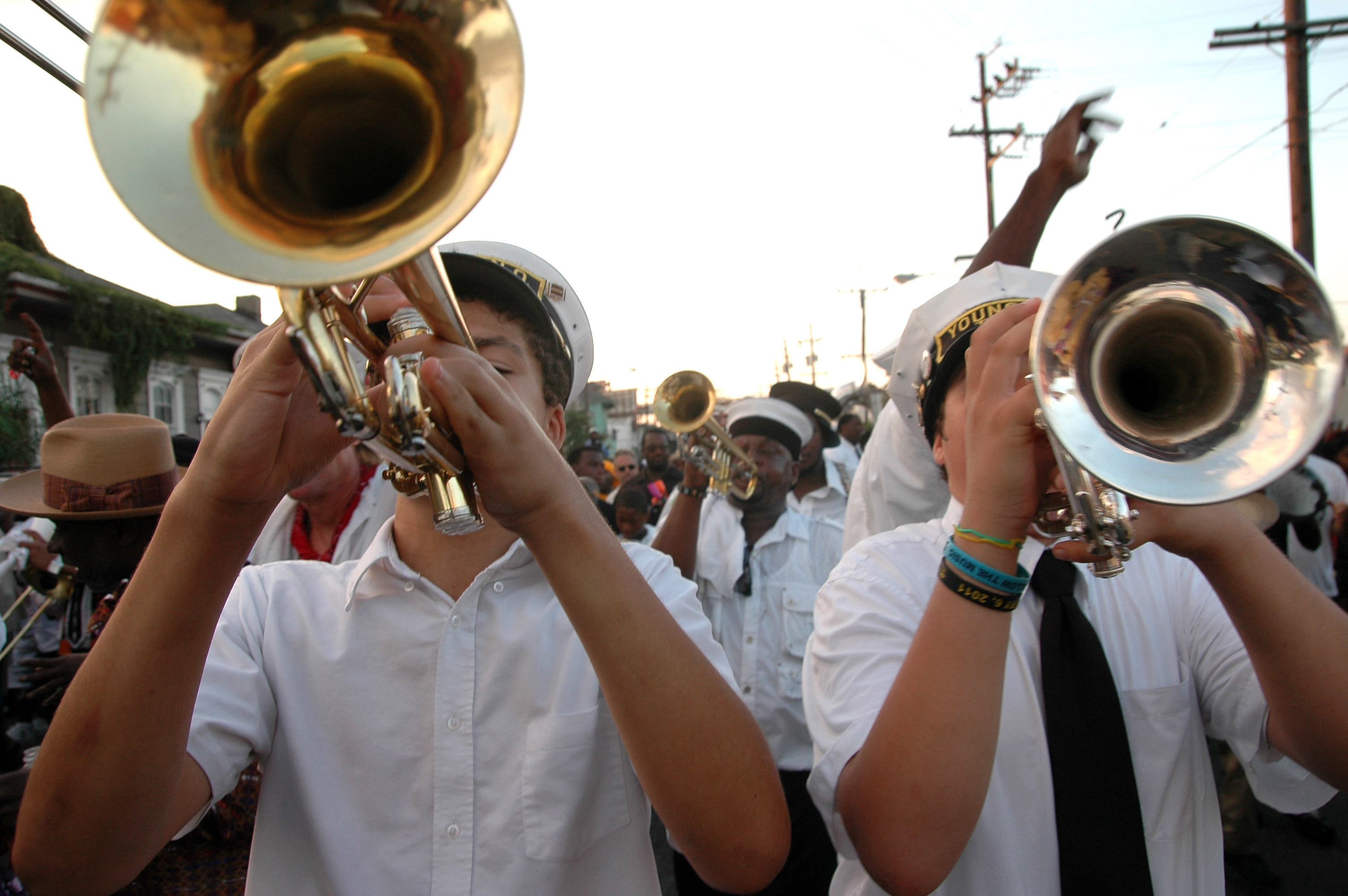 The Moonwalk: This paved sidewalk beside the Mississippi River has nothing to do with Michael Jackson. It's called the Moonwalk in honor of former mayor Maurice "Moon" Landrieu. From here you see the Crescent City Connection Bridge connect the east and west banks of the city.
The Moonwalk: This paved sidewalk beside the Mississippi River has nothing to do with Michael Jackson. It's called the Moonwalk in honor of former mayor Maurice "Moon" Landrieu. From here you see the Crescent City Connection Bridge connect the east and west banks of the city.